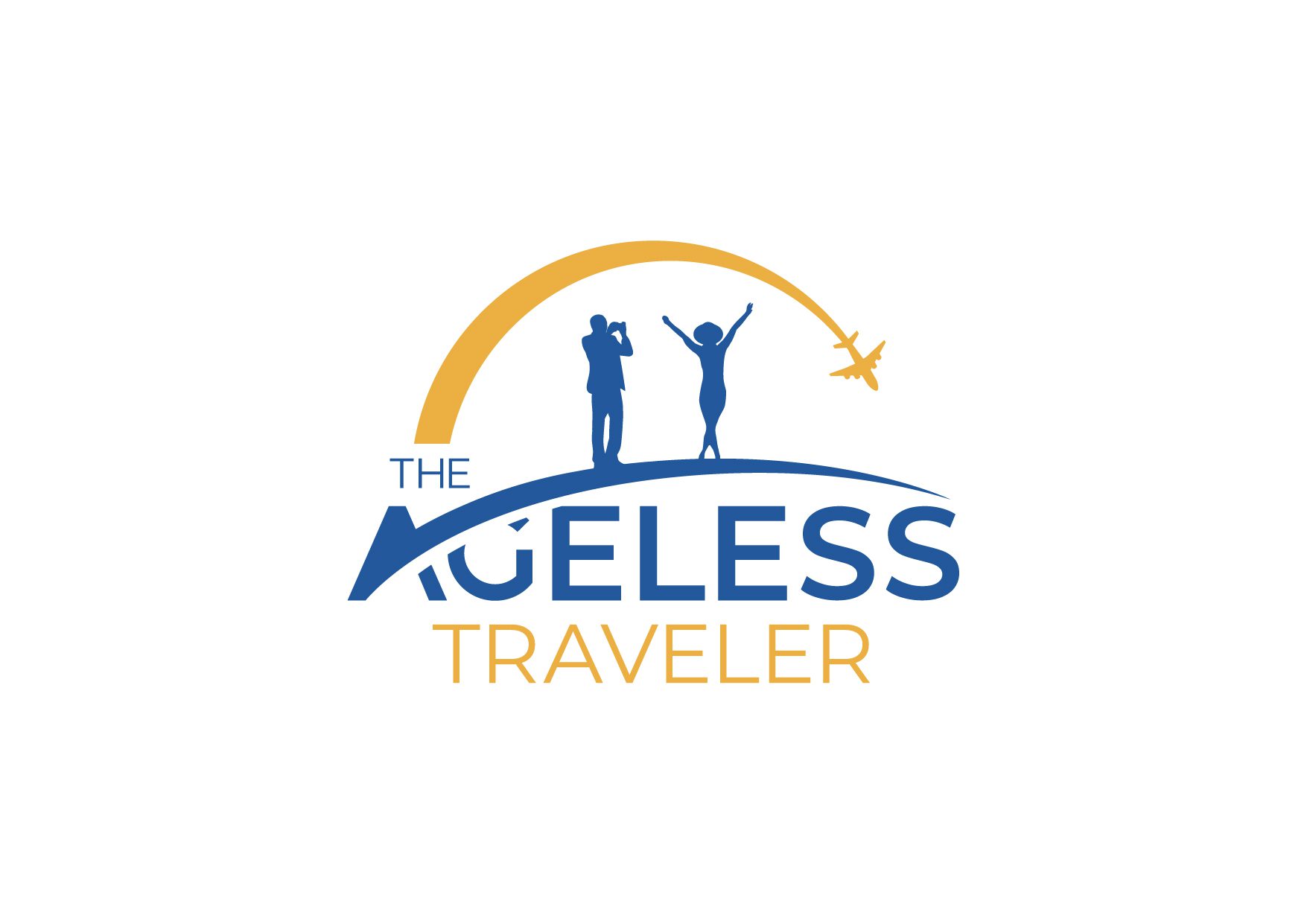Report On The Cog X Conference

The CogX conference in Los Angeles on May 7th drew a diverse crowd, including vendors, creatives, investors, startups, and seasoned artificial intelligence (AI) companies. I was pleased to receive an invitation to explore the event through the lens of tourism, primarily focusing on the over sixty traveler. What I unearthed can be categorized into the good, the intriguing, and the future.
However, it's worth noting that the future of tourism may not shine as brightly unless we seriously consider the integration of AI into the guest experience.
Let's start with the positives.
AI can now furnish consumers with top-tier information, empowering us to make more informed decisions across all facets of business development. Yet, I remain adamant about including data on travelers aged sixty and above, a demographic often overlooked in databases. It's disconcerting to discover that many data-gathering companies halt their efforts at age 55, a troubling oversight, especially in sectors like healthcare. Nonetheless, the capability of AI to extrapolate accurate insights from small data samples is a beacon of hope for decision-makers reliant on such data.
 Get on our Ageless Traveler List for discounts on trips, products, and services.
Get on our Ageless Traveler List for discounts on trips, products, and services.
Get early access to special trips so you never miss out on the deals you want.
Get invitations to unique events and happenings.
We will not send you annoying sales emails, will not share your information and will only alert you to worthwhile GOODIES!
Ethics of AI
COGX speakers and attendees delved into the ethical considerations surrounding AI, shedding light on who benefits, the dangers of manipulation, and the perpetual privacy issue. Heightened awareness marks the initial step toward finding solutions. Notably, Peter Diamandis CEO of the Zero Gravity Corporation, painted a grand vision of AI's future, suggesting its applications will transcend robotics and market research, potentially reshaping civilization itself. Figures like Tina Woods, with her work on longevity cities globally and the rise of Switzerland as a healthcare tourism hub funded by cryptocurrencies, exemplify the emergence of new tourism paradigms beyond traditional medical tourism.
Moving on to the intriguing facets directly impacting tourism, I encountered one standout, GeoTourist, a platform providing sightseeing information along predefined routes and encouraging exploration off the beaten path. This innovation is significant for The Ageless Traveler community, where independent exploration is cherished.
But what lies ahead for AI in the tourism sphere?
AI enhanced experiences are undoubtedly on the horizon, but many presenters emphasized a shift toward virtual reality (VR) experiences of unparalleled realism. The looming question is whether these virtual escapades will supplant physical travel. While industry insiders remain skeptical that virtual reality will replace real-world trips (I am one of those skeptics), studies like AARP's may prove otherwise. AARP studies emphasize retirees' desire for travel as a top post-retirement goal. But a sizable portion never realizes this aspiration.
Platforms like Wowzitude, an affiliate of my company, The Ageless Traveler, offering real-time guided tours for armchair travelers, underscore the growing trend of virtual travel experiences, blurring the line between imagination and reality.
It is vital that those in the tourism industry, from digital marketers to tour designers, keep abreast of the developments in AI.
Let's find creative ways to incorporate experiences before, during, and after trips. Once we become aware of all the capabilities, creative integrations become apparent, from immersive views, a part of the actual travel experience before purchasing or embarking on a trip, to fully realized culinary experiences to whet the appetite to travel, to ongoing opportunities for relationship building among travelers after the conclusion of a trip. More importantly, the tourism industry can be more than just a recipient of the benefits of AI. They can shape what is being created by identifying needs, possibilities, and gaps and expressing concerns.
Amid diverse vendors and discussions, it became apparent that I was one of the few attendees directly representing the tourism industry.
I invite those with experience at the intersection of AI and tourism to share their insights, enriching our understanding of this evolving science.



